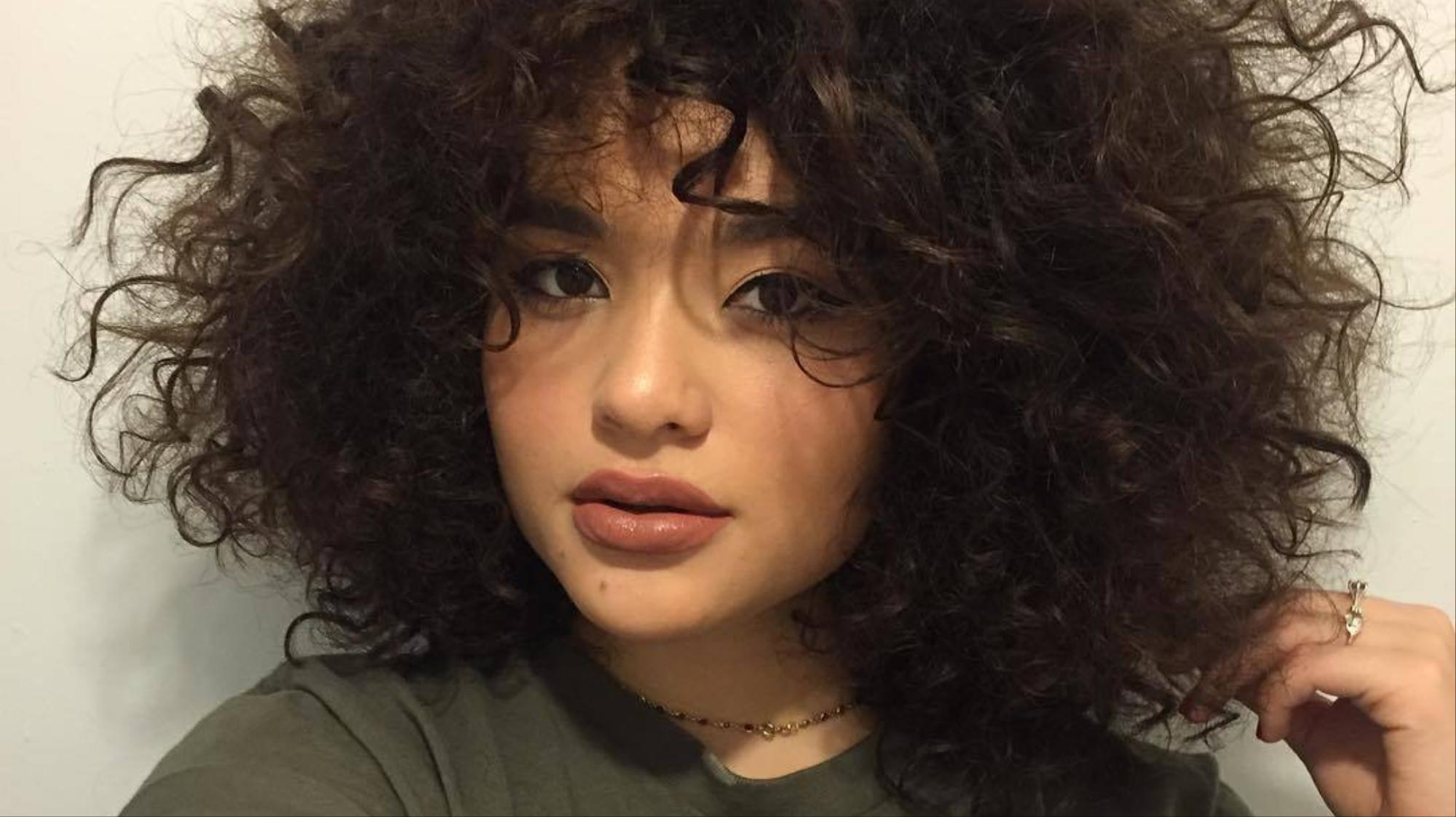
Having curly or kinky hair and being taught to idealize Eurocentric beauty standards is an unhealthy combination that a lot of people experience. When you are conditioned to conform and alter your true self for the sake of being considered beautiful “enough” for person of color, it’s easy to believe that you are part of the problem. Spending hours under damaging heat or being forced to chemically alter your hair starts to seem like the norm for a lot of people with anywhere from 3 or 4 type hair. You’re used to being told that your hair is not presentable, is “bad” or something that you should be ashamed of.
Although it’s not right, there is a long strain of anti-blackness that is engrained in our society, especially the latinx Caribbean community. Growing up Dominican, it was easy to notice that although most of my family members are black, our black attributes were not always appreciated, especially as young women. This attitude came mostly from the elders in my family. For as long as I could remember, there was always something wrong with my curls, but whenever I straightened them, I would get comments of approval from those same family members that criticized my afro.
It’s important to know that there are people just like you out there that experience the same type of criticism and struggles of being told that your natural beauty is not good enough without any adjustments. Model, Diana Veras has confidently tweeted about the negativity that is still very prominent in Dominican culture.
y’all don’t understand how much my family made me hate my hair growing up
— diana veras (@mynamesdiana) May 2, 2016
She mentions the different nicknames with negative connotations that she was given by her own family because of her natural hair. Despite not having accepted and loved her hair when she was younger, she has since realized how detrimental that mentality that was imposed unto her is.
There seems to be an ongoing need to create a hierarchy between women with different types of natural hair and skin complexions, even at such a young age where the victims themselves aren’t able to comprehend what is going on. Take Blue Ivy and North West for example, since the children have been exposed to the public eye, there has been a nonstop comparison on social media networks, which scrutinizes Blue Ivy for her hair texture, which is obviously different than North West’s. People feeling the need to shame someone’s hair is dangerous to the self-esteem of anyone, but for it to be perpetuated onto a child that is still forming a sense of self and confidence, it’s extremely debilitating.
It goes without saying that representation is very important in the media. It builds a level of confidence in kids of color that they wouldn’t normally have, while dealing with. Although it is hard to ignore all of the criticism and constant unsolicited comments, it’s important to find what makes you most comfortable, even if it makes others uncomfortable.




